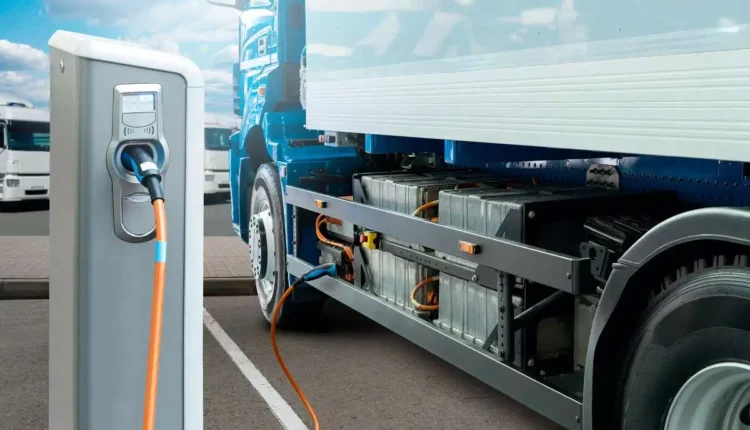The traditional methods for fueling the transport sector are slowly fading away, owing to their non-renewability and environmental degradation. This shift has intensified the need for efficient alternatives to fossil fuels. And since the technology and research of today’s times are highly futuristic and advanced, we have already developed several reliable solutions. Electrification is one among them.
Electric vehicles (EVs) have already been a part of the transport sector, but their reach has been limited. Only recently have the roads witnessed a significant increase in EVs. But is sustainability the only reason for this shift?
In this blog, we have decoded the advantages of electrification in the transport sector. This would educate and persuade everyone to opt for electrification whenever possible. But before we begin with the benefits, let’s clear our basics.

What is Electrification?
Electrification in the transportation sector refers to replacing fossil fuels such as gasoline or diesel with electricity as a means of powering vehicles. It could be used to power light-duty vehicles, medium- and heavy-duty trucks, or buses. The main objective of this shift is to reduce greenhouse gas (GHG) emissions and, ultimately, contribute to mitigating the effects of climate change.
This electrification is done through developing new electric vehicles and installing charging infrastructure to support these EVs. This transition, however, is met with several challenges, such as the shortage of EV charging infrastructure.
Many countries have already started working actively to promote the adoption of EVs and are going the extra mile to upgrade the transportation infrastructure to support EVs.
Advantages of Electrification
Now that we know what electrification is, it’s time to discuss its advantages. Below, we have covered a few reasons that show why electrification is a gamechanger for the transport sector:
-
Reduces Carbon Emission:
As per a report, the transportation sector contributes about 25% of all CO2 emissions, thanks to traditionally-fuelled vehicles. This percentage can be reduced by focusing on electrification since EVs emit significantly fewer greenhouse gases and air pollutants. This further improves air quality and makes the planet healthier.
-
Increases Energy Efficiency:
EVs are much more energy-efficient than gasoline or diesel-powered vehicles, converting around 60-70% of the energy stored in batteries into motion, compared to only 20% for internal combustion engines.
-
Lowers Operating Costs:
It is comparatively more affordable to use EVs when you compare the consequences in the longer run. Only a few people know, but the overall cost of using electricity as a fuel is typically much lower than gasoline or diesel. Further, since the cost of diesel and petrol will increase highly in the future due to high demand and less supply, EVs prove to be a better and cheaper option.
-
Lowers Maintenance:
Along with less costs, the maintenance of EVs is also less. The reason? EVs don’t require regular oil changes and have fewer moving parts than internal combustion engines. This can lead to lower maintenance costs and less frequent trips to the mechanic.
-
Reduces Energy Dependence:
As mentioned before, petroleum-based fuels are finite, and as the population keeps rising, a demand and supply crisis may occur. Electrification of the transport sector is a great way to solve this crisis. EVs are proving to be a great alternative to avoid this dependence while improving energy security.
-
Creates More Jobs:
Though not an advantage many think of, job creation is a significant benefit. Ever since the electrification of the transport sector started, it has paved the way for new jobs in manufacturing, installation, maintenance, and charging infrastructure fields.
Final Words
An electrified transportation system is the future, and it is always better to be up-to-date. You can start this transition gradually by collaborating with a reputed electrical brand and finding ways to adopt this new technology. This will benefit not only the environment but you financially as well.
